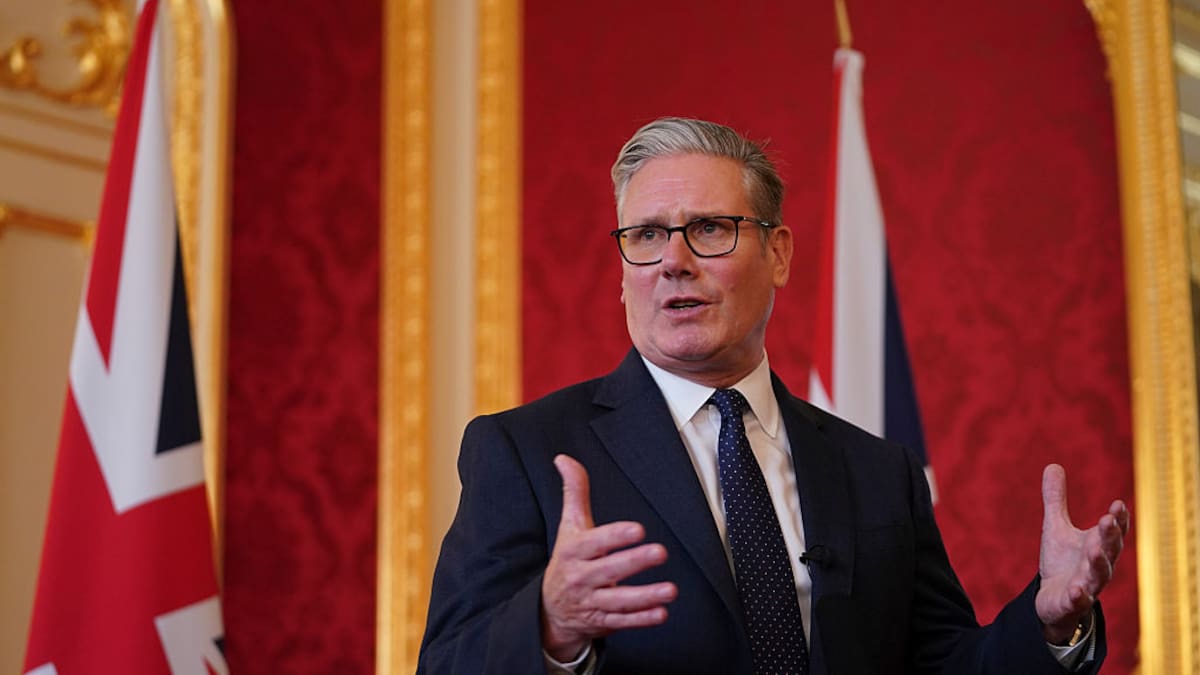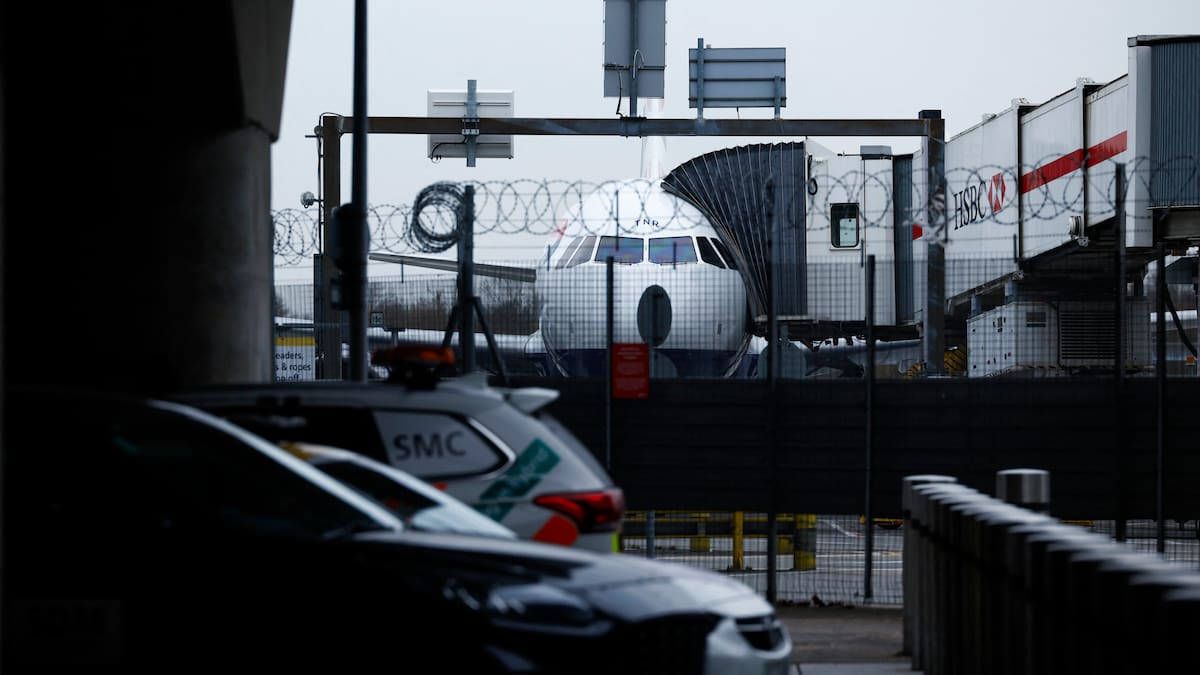“Canada recognises the State of Palestine and offers our partnership in building the promise of a peaceful future,” Canadian Prime Minister Mark Carney wrote on X.
Australia’s Prime Minister Anthony Albanese said Canberra’s move “recognises the legitimate and long held aspirations of the people of Palestine to a state of their own”.
Palestinian President Mahmud Abbas hailed Sunday’s recognition as “an important and necessary step toward achieving a just and lasting peace in accordance with international legitimacy”.
But Prime Minister Benjamin Netanyahu slammed the move as “absurd” and said it would “endanger” Israel’s existence.
It is a watershed moment for Palestinians and their ambitions for statehood, with the most powerful Western nations having long argued it should only come as part of a negotiated peace deal with Israel.
Although a largely symbolic move, it puts those countries at odds with the United States and Israel.
US President Donald Trump said last week after talks with Starmer during a state visit to the UK that “one of our few disagreements” was over Palestinian statehood.
A growing number of longtime Israeli allies have shifted their long-held positions as Israel has intensified its Gaza offensive, which began almost two years ago with Hamas’ October 7, 2023 attack.
The Gaza Strip has suffered vast destruction, with a growing international outcry over the besieged coastal territory’s spiralling death toll.
‘Special burden’
The UK Government has come under increasing public pressure to act, with thousands rallying every month on the streets. A poll released by YouGov on Friday showed two-thirds of British people aged 18-25 supported Palestinian statehood.
Deputy Prime Minister David Lammy acknowledged at the UN in July that “Britain bears a special burden of responsibility to support the two-state solution”.
The UK was pivotal in laying the groundwork for the creation of the State of Israel through the 1917 Balfour Declaration.
Three-quarters of UN members already recognise Palestinian statehood, with more than 140 of the 193 nations having taken the step.
Starmer said in July that his Labour Government intended to recognise a Palestinian state unless Israel took “substantive” steps, including reaching a ceasefire in Gaza, getting more aid into the territory and confirming it would not annex the West Bank.
He said on Sunday that Britain was acting “in the face of the growing horror in the Middle East”.
Labour renewed calls for a ceasefire and again demanded that the Palestinian militants release the hostages seized in their 2023 attack on Israel.
Branding Hamas a “brutal terror organisation”, Starmer also confirmed plans to step up sanctions on the militants, denying that recognition was a “reward” for the group.
‘Framework for peace’
Hamas’s 2023 attack on southern Israel resulted in the deaths of 1219 people, most of them civilians, according to an AFP tally of official figures.
Israel’s retaliatory campaign has killed at least 65,208 people, also mostly civilians, according to figures from the health ministry in Hamas-run Gaza, which the United Nations considers reliable.
Portugal said it would also formally declare its recognition in New York on Sunday.
“By acting now … we’re keeping alive the possibility of having two states,” Portuguese President Marcelo Rebelo de Sousa said.
The UK’s foreign ministry said the recognitions were part of “coordinated international efforts” to draw up a framework for peace to “address governance, security, humanitarian access” as well as building a two-state solution.
-Agence France-Presse






